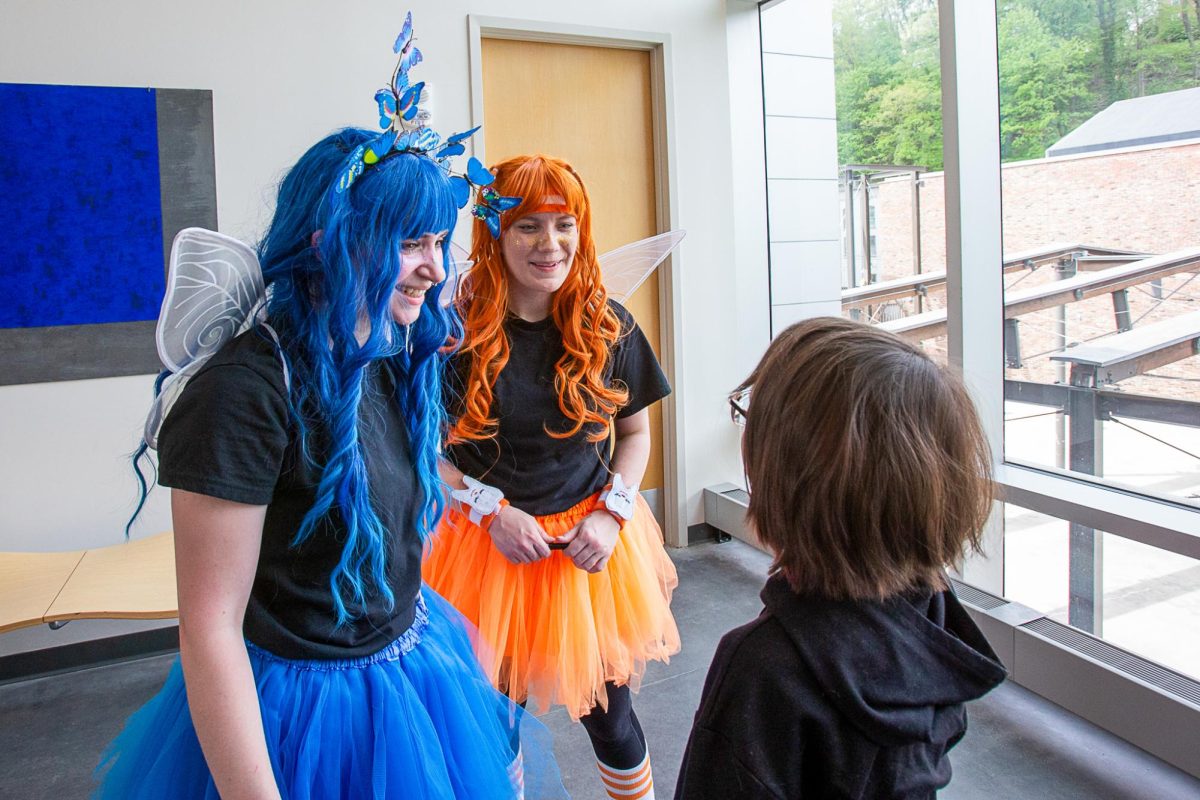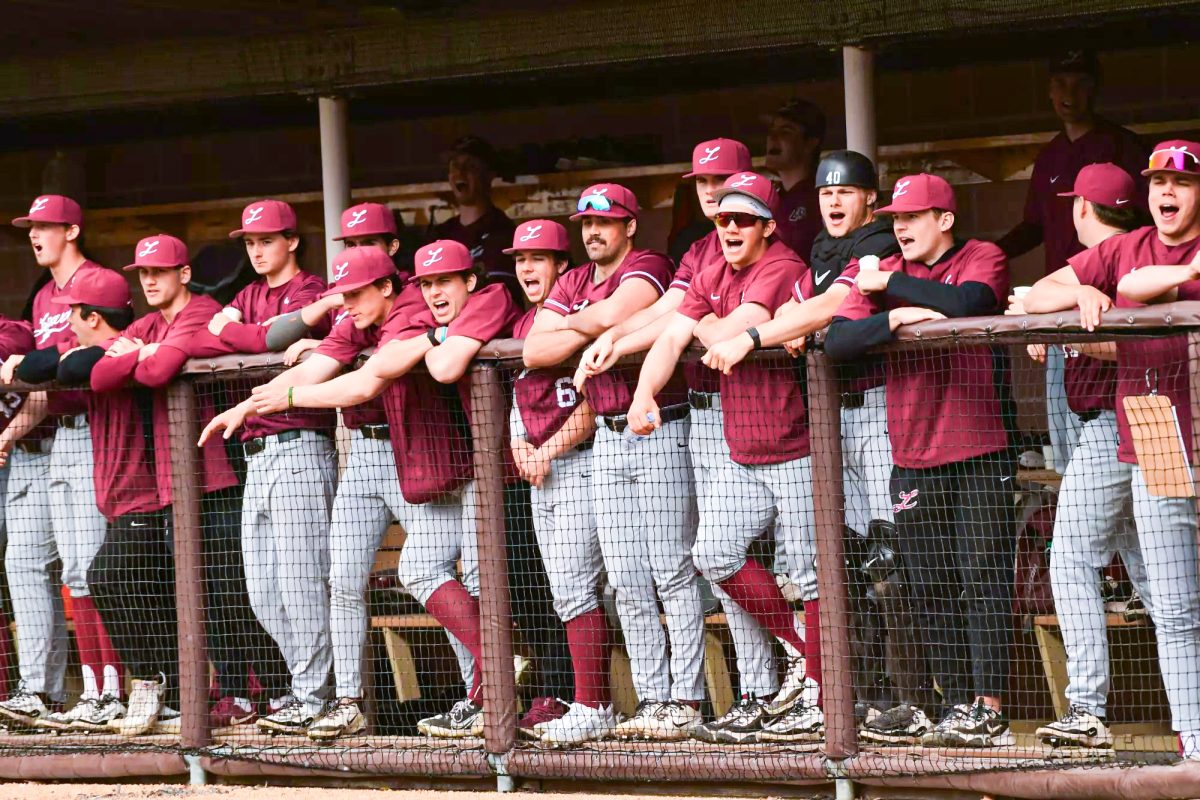How do we determine who is classified as a superstar? In the NFL, it seems as though the loudest, most brash and eccentric people are lumped into this category. When we differentiate a star from someone “who plays the right way” or “is a hard worker,” we actively contribute to this divide. Often times we get caught up in the “name game.” People who previously exhibited success, had a high draft status, or received a large paycheck draw our attention, sometimes in spite of their skill level. More frequently, the skills of the talent surrounding them are not factored as much as they should be.
Consider the case of the Oakland Raiders’ wide receiver duo. Everyone knows Amari Cooper; a top 5 draft selection in the 2015 NFL Draft who attended a premier football college, the University of Alabama. Michael Crabtree, a fairly highly touted prospect in his own right, struggled out of the gate, dealing with injuries and inconsistency for 6 years with the San Francisco 49ers before signing with the Raiders in 2015: the same year Amari Cooper came on board.
For the average NFL fan, if you were to ask who of the two were better, you’d commonly get Amari Cooper as the answer, with many people adding on the fact that it may not even be a close debate at all. Amari is younger (7 years younger to be exact), he’s flashier and he plays for the team he was drafted by. It makes sense to think that he’s the star of the team. Look closer into the numbers however, and a different story is told. While the aforementioned Cooper hauled in 83 catches for 1,153 yard and 5 touchdowns last season, veteran Michael Crabtree quietly caught 89 balls for 1,003 yards and 8 touchdowns. Not only is it a reasonable debate, but one could easily argue in favor of Crabtree being the more productive receiver if you take a look at the numbers while being blind to the names.
It’s not all about draft status and money for everyone, however. Look at the Houston Texans, specifically their two fearsome defensive ends. On one side, you have a budding star in former number one overall draft pick Jadeveon Clowney, on the other you have the terror known as J.J. Watt. While we can agree that Watt is a superstar in every sense of the term (he has 76 career sacks in only 84 career games), why does he get almost all of the national attention over his teammate? Yes, production is part of it. Healthy Watt is nearly incomparable to the rest of the linemen in the league.
However, when Watt missed nearly all of last season with a back injury, most pundits were talking about was how the Texans defense would be ruined. There was a notion that you can’t lose a superstar and still succeed. What they didn’t take into account was the star on the other side of the field. Plagued by injuries early in his career, Clowney’s talent was never a question, it was just a matter of him being able to get on the field. Once he did, he was able to make big things happen. So why do we give all the attention to Watt? Why is he being hailed as someone whose return will boost the entire franchise?
When there are many performers with similar on-field pedigree, we usually turn to the off-the-field headlines to form our final opinions, and Watt’s off-the-field headlines are about as positive as you can get. Raising over $30 million in hurricane relief for the city of Houston, Watt solidified himself as the face of not only the franchise, but the city as well. Factor in his presence in commercials and his willingness to be in the spotlight, it’s no surprise that we gravitate towards him and think so highly of him on and off the field.
We must not forget, however, that charisma is not everything. The “silent-leader” type is still incredibly important, and a player’s production and value to the team should not be mitigated by their lack of spotlight. If we wish for truly great players who are stuck with labels that undermine their importance and skill to be recognized as the stars they are, we have to pay close attention to the games themselves, and the impact these players have on the field.





















































































































